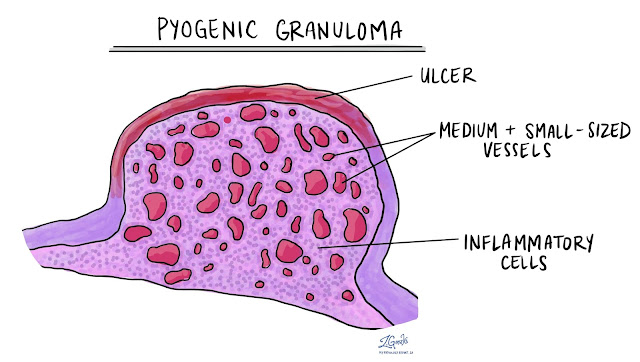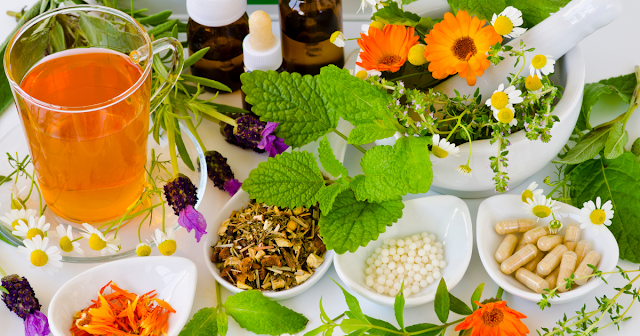Pyogenic granuloma, often termed as a non-cancerous skin growth, manifests as a small, red, or purple lump. Typically, it appears on the skin or mucous membranes in response to minor injury, hormonal changes, or certain medications. These growths, while benign, can cause discomfort and bleeding.
Symptoms and Identification
These growths generally surface as small, round, or ovoid nodules, frequently found on the hands, arms, face, or mouth. Though painless, they can bleed profusely even with minor trauma, leading to concern and discomfort.
Diagnosis of Pyogenic Granuloma
Diagnosing pyogenic granuloma involves a physical examination by a healthcare professional. Additionally, a biopsy might be recommended to confirm the diagnosis and rule out any underlying conditions.
Treatment Options
Treatment methods vary based on the size, location, and severity of the growth. Non-invasive approaches include topical medications or cauterization. Surgical removal might be necessary for larger or persistently bleeding growths.
Post-Treatment Care and Recovery
Following treatment, proper wound care is vital to prevent infection and ensure optimal healing. Regular follow-ups with healthcare providers aid in monitoring recovery and addressing any concerns.
Also Read: 4 Herbs That Lower Blood Sugar Fast
Natural Remedies and Home Care
Certain home remedies like tea tree oil or apple cider vinegar are explored for their potential in reducing the size of the growth. However, their efficacy varies, and consulting a healthcare professional is advisable.
Case Studies and Success Stories
Numerous individuals have successfully managed pyogenic granuloma through prompt treatment and diligent care. Their experiences provide insights into effective management strategies.
Consulting a Healthcare Professional
Seeking professional medical advice is imperative for accurate diagnosis and tailored treatment plans. Healthcare providers can offer personalized guidance and treatment options.
Research and Advancements
Ongoing research aims to develop more effective and less invasive treatment methods. Advancements in medical technology show promising results in managing pyogenic granuloma.
Psychological Impact and Support
Living with these growths may cause emotional distress or self-consciousness. Seeking support from family, friends, or support groups can aid in coping with the psychological impact.
Potential Risks and Complications
While treatments are generally safe, potential risks include scarring, infection, or recurrence. Understanding these possibilities helps in informed decision-making.
Lifestyle Changes for Prevention
Incorporating healthy habits, such as proper skincare and avoiding trauma to the skin, can aid in preventing the occurrence or recurrence of pyogenic granuloma.
Impact on Daily Life
Managing pyogenic granuloma may affect one's daily routine. Understanding how to handle these growths in various settings can ease the impact on work, school, or social interactions.
Frequently Asked Questions (FAQs) About Pyogenic Granuloma
Can pyogenic granuloma go away on its own? Pyogenic granuloma may resolve spontaneously, but seeking medical advice is recommended.
Are there any home remedies to treat pyogenic granuloma? Some home remedies might help, but consulting a healthcare professional is crucial.
Is pyogenic granuloma a type of cancer? No, it's a benign growth, but it's essential to get it evaluated by a doctor.
Can pyogenic granuloma occur during pregnancy? Hormonal changes during pregnancy might increase the likelihood of developing these growths.
What are the risks of surgical removal of pyogenic granuloma? Risks include scarring, infection, or recurrence, but these are generally rare.
Conclusion
Understanding the nuances of pyogenic granuloma and its treatment options empowers individuals to make informed decisions regarding their healthcare. Seeking professional guidance and maintaining proper care post-treatment are pivotal for managing this condition effectively.





